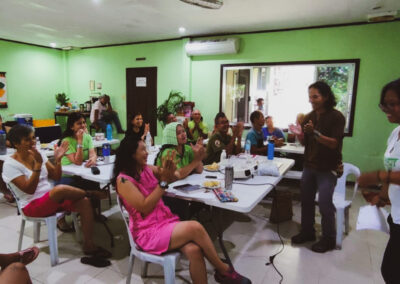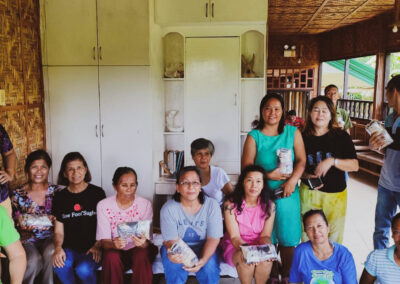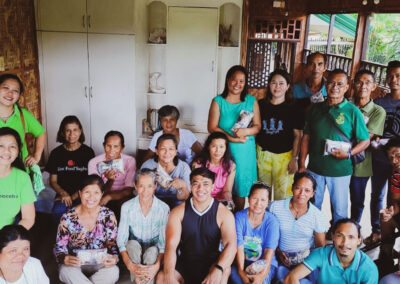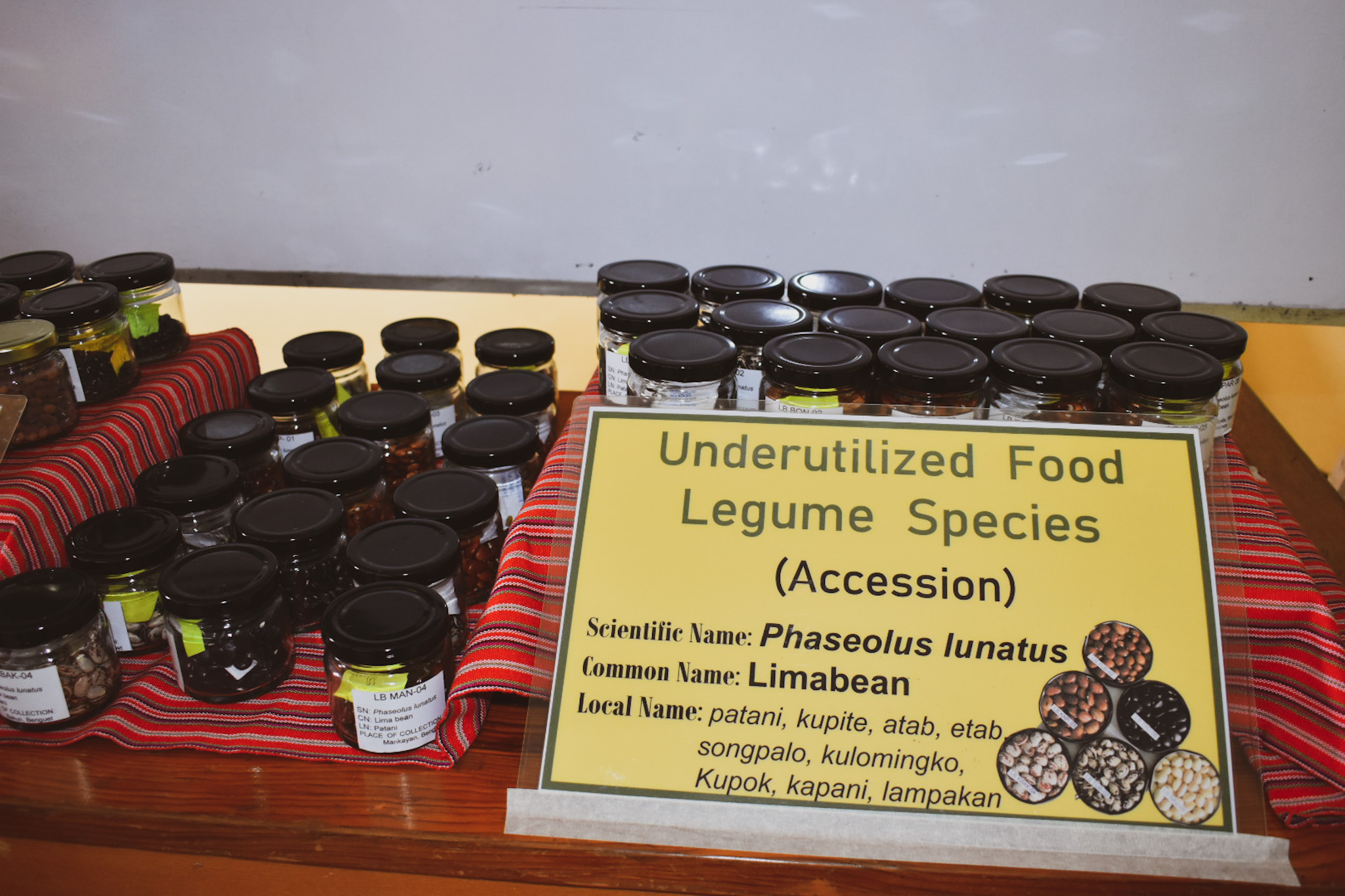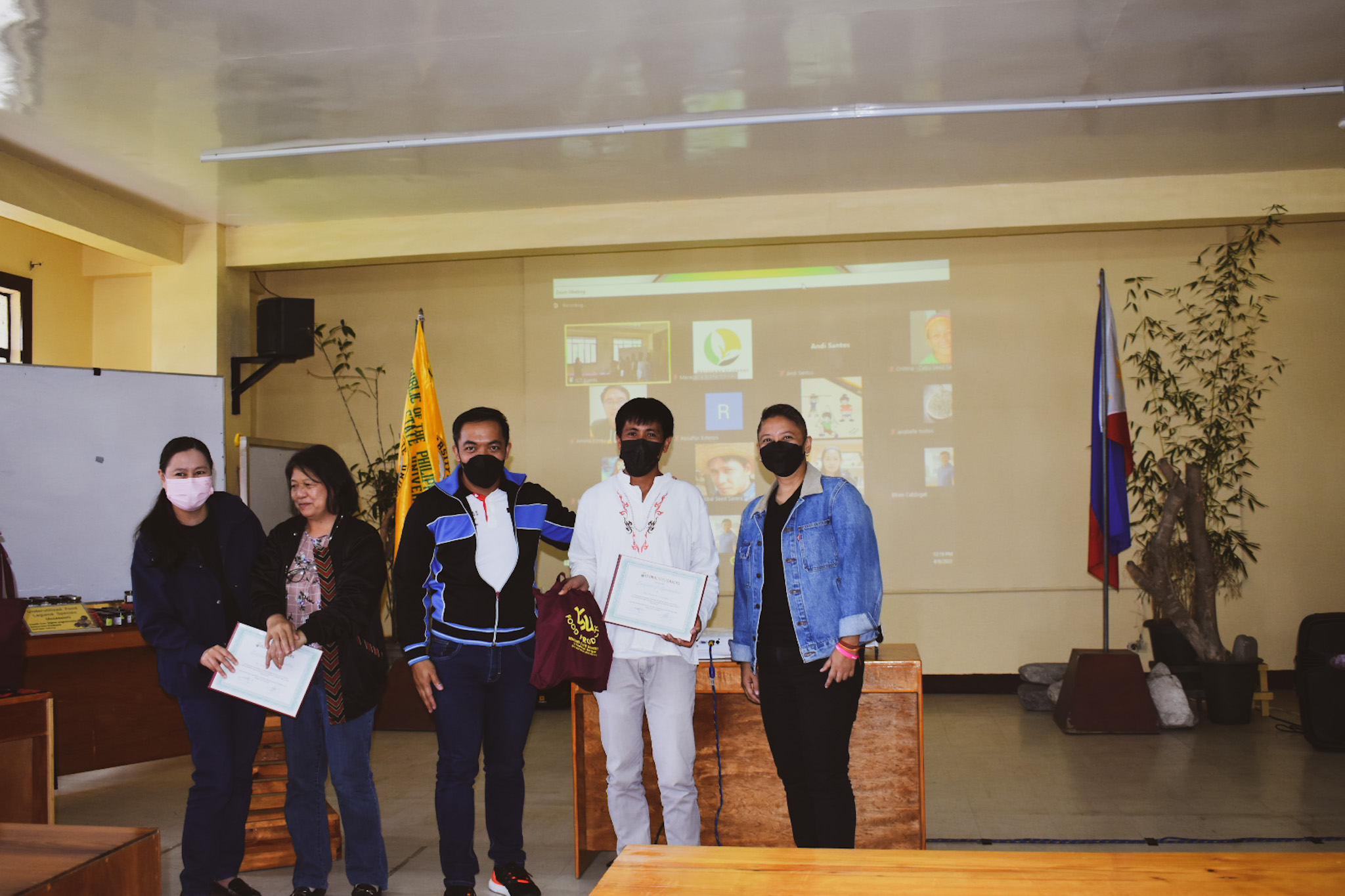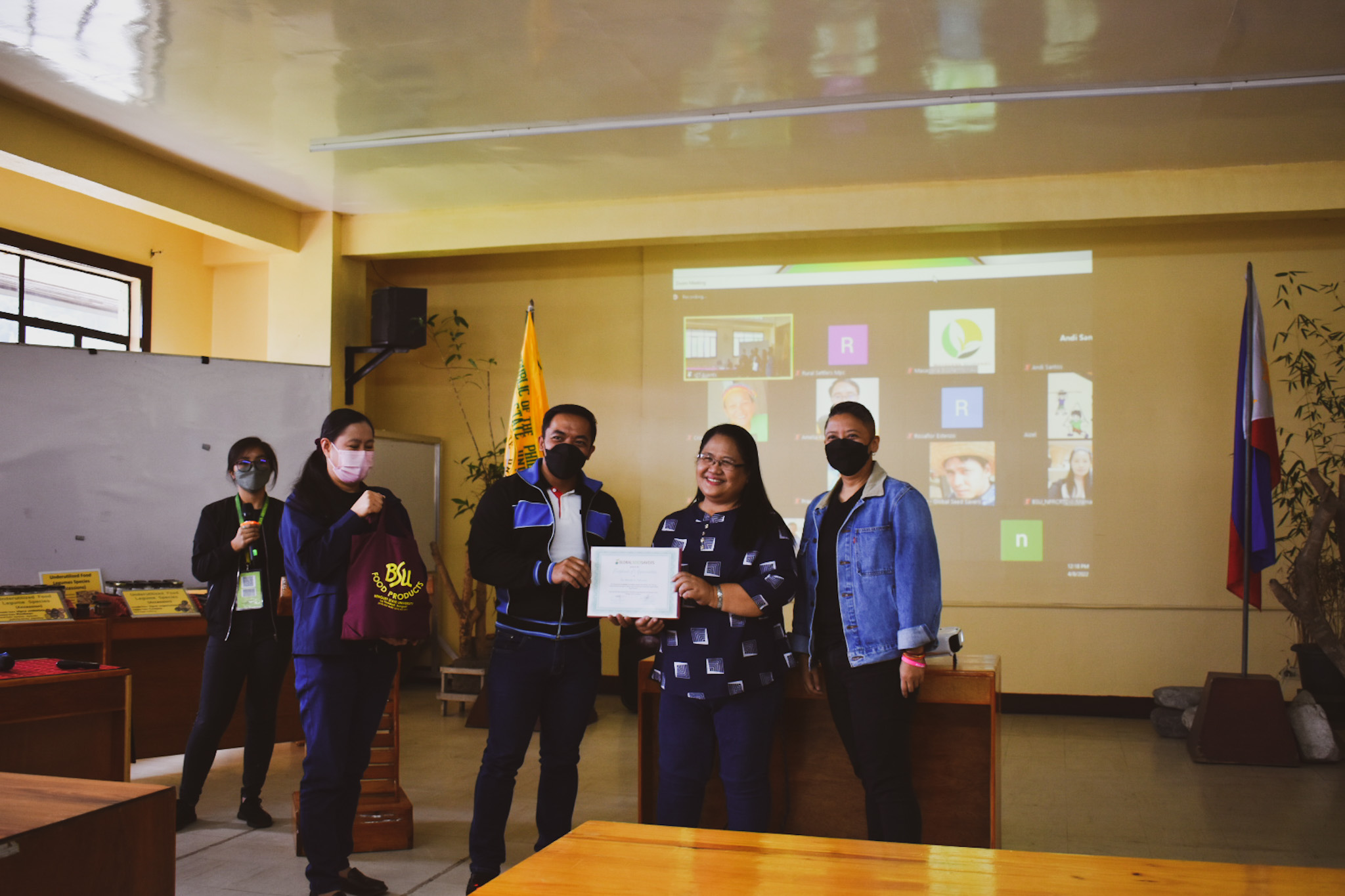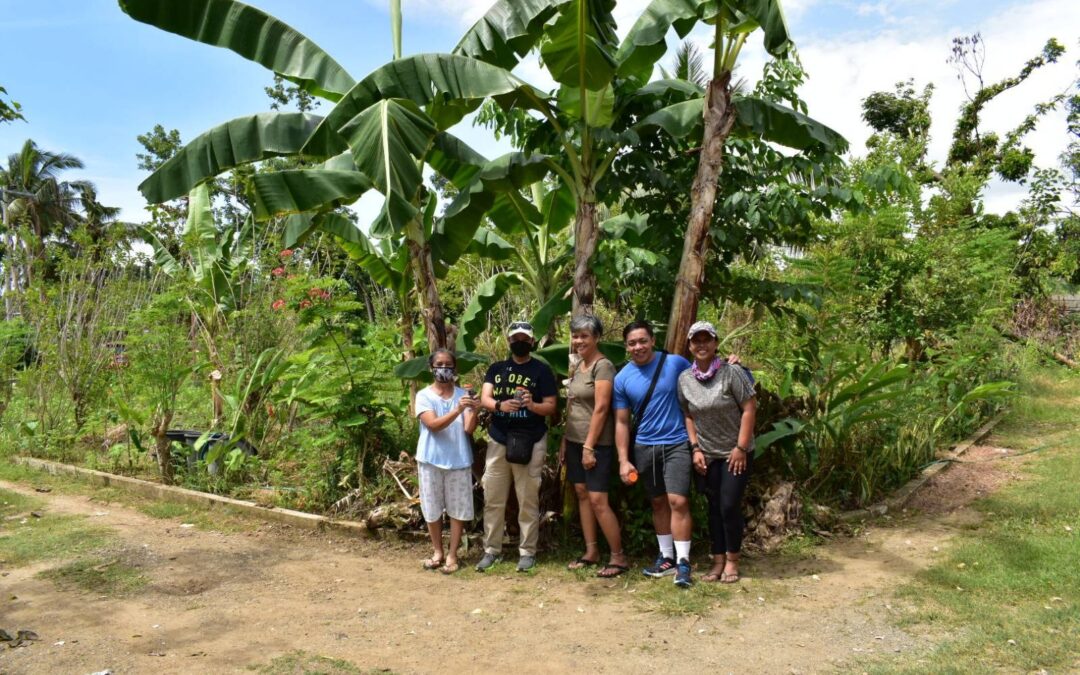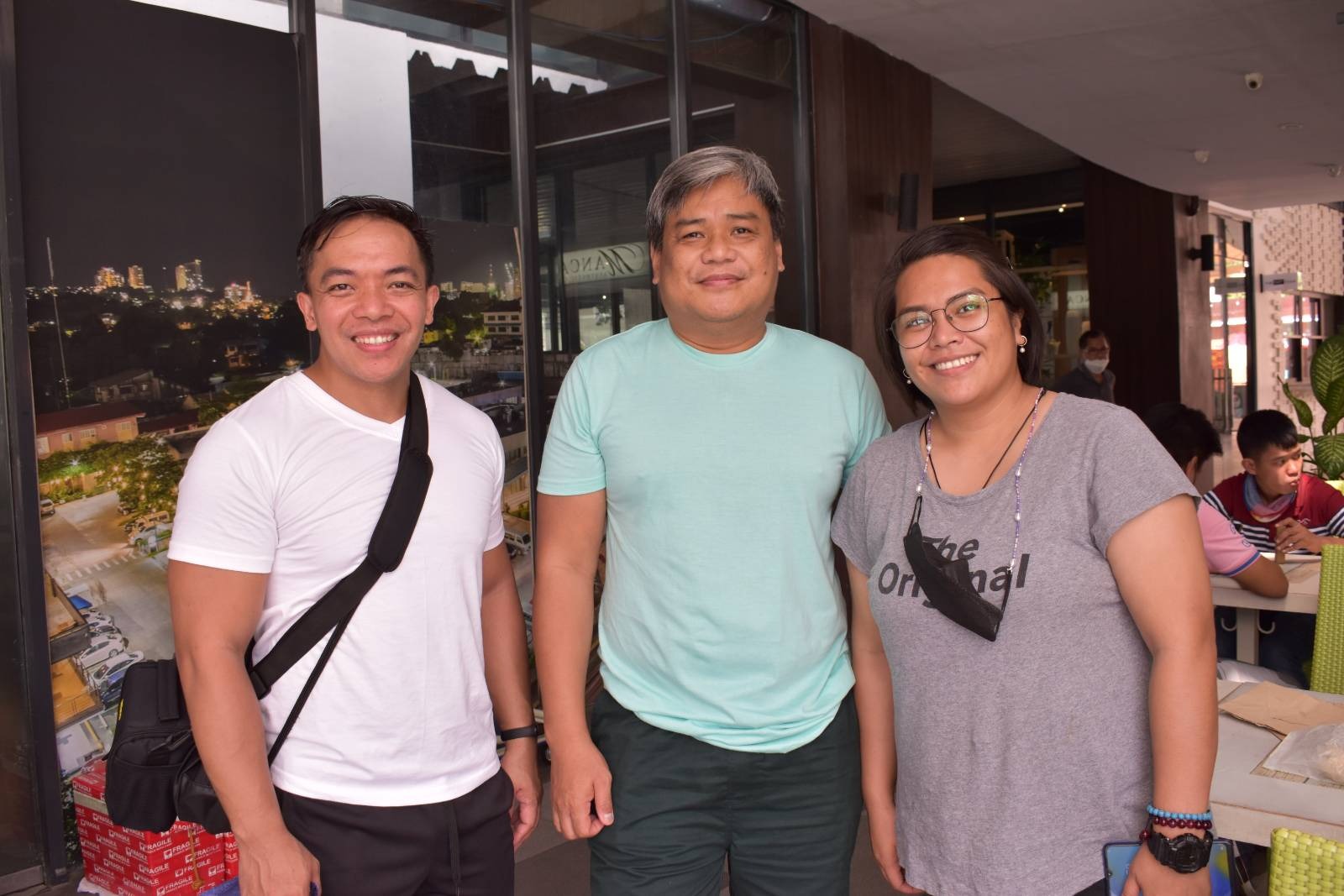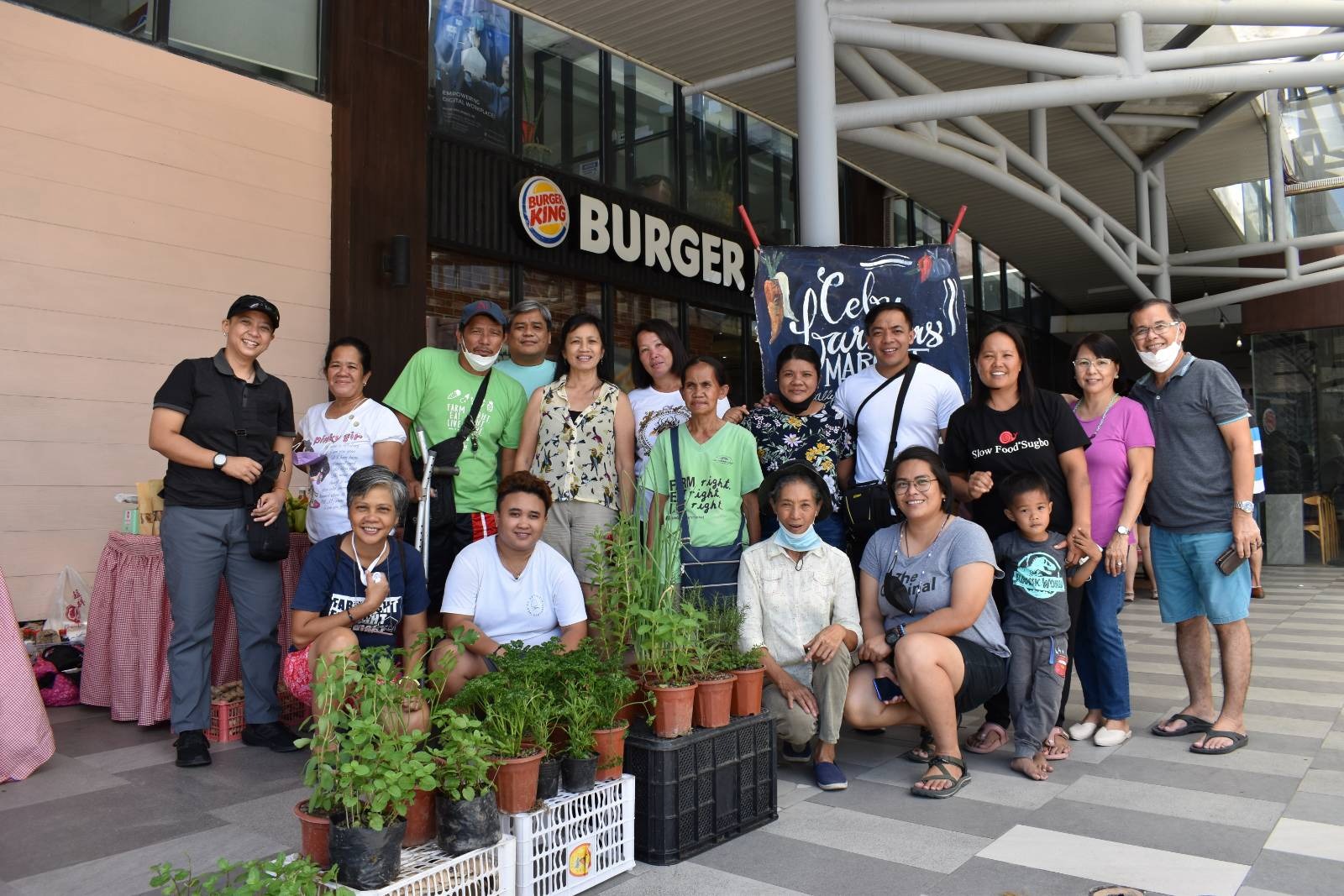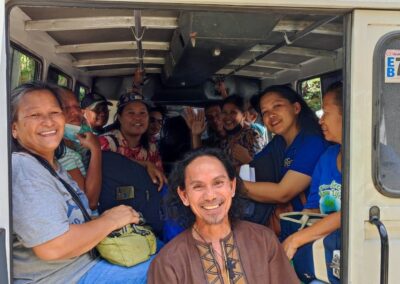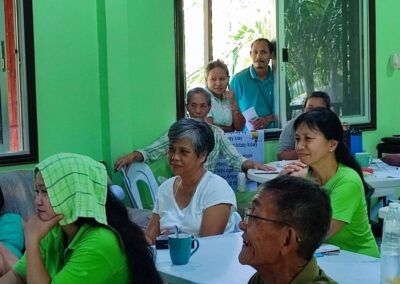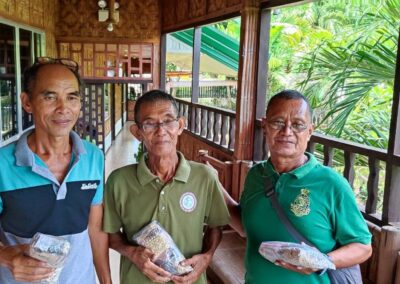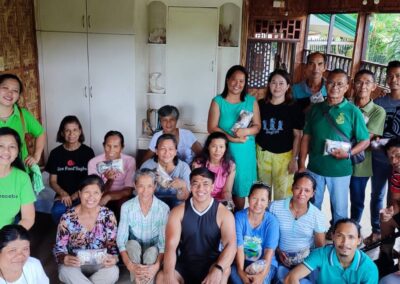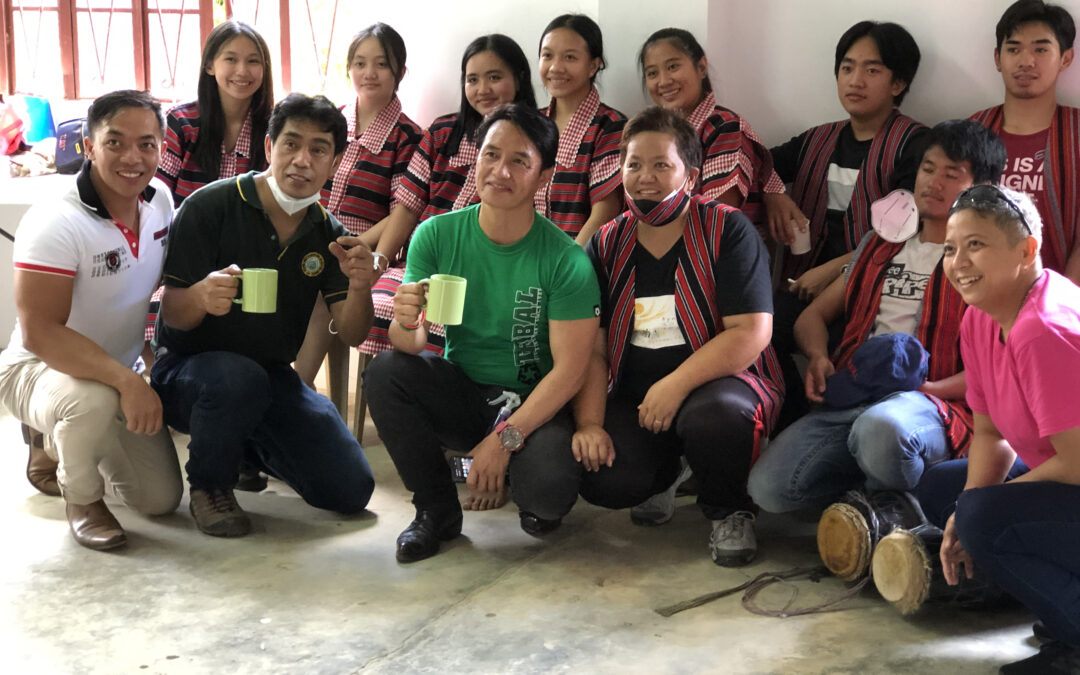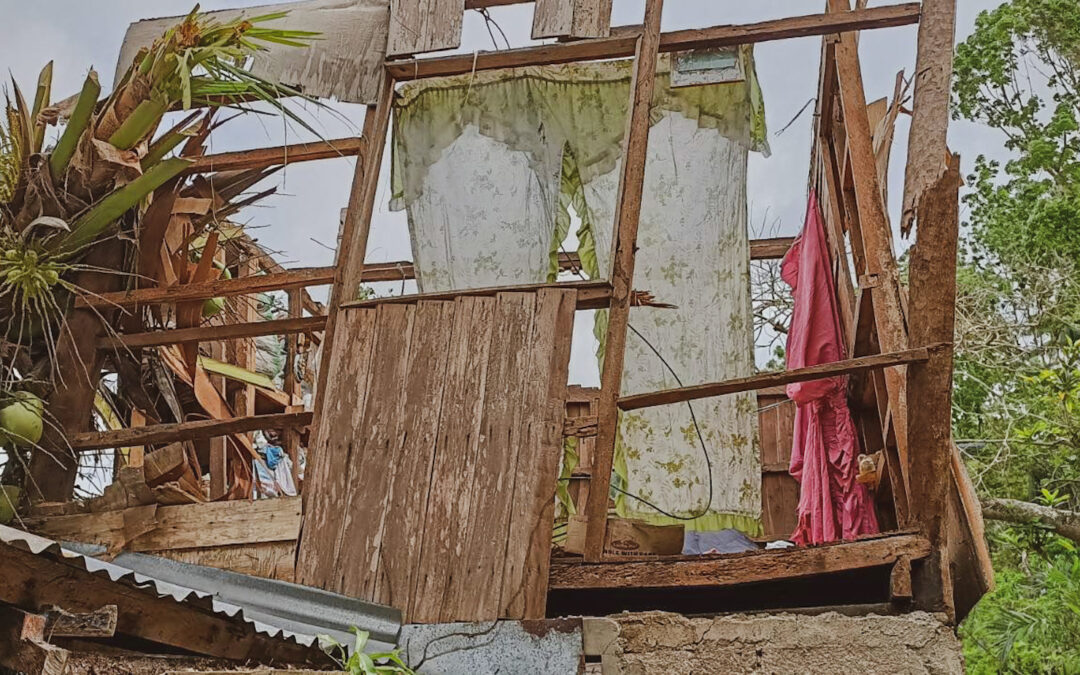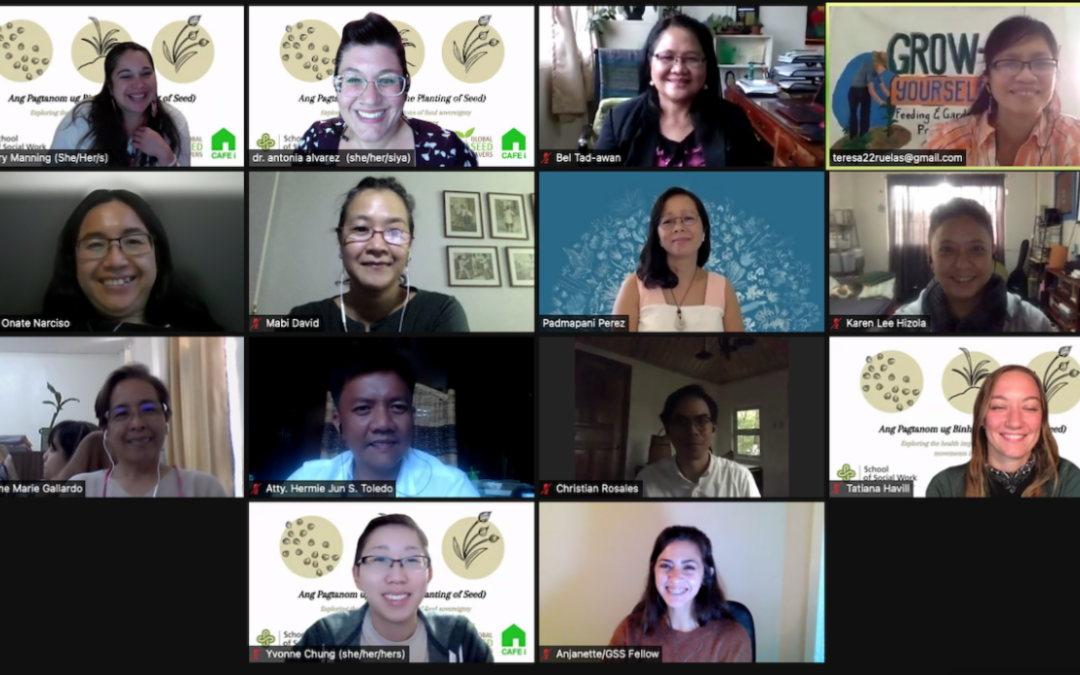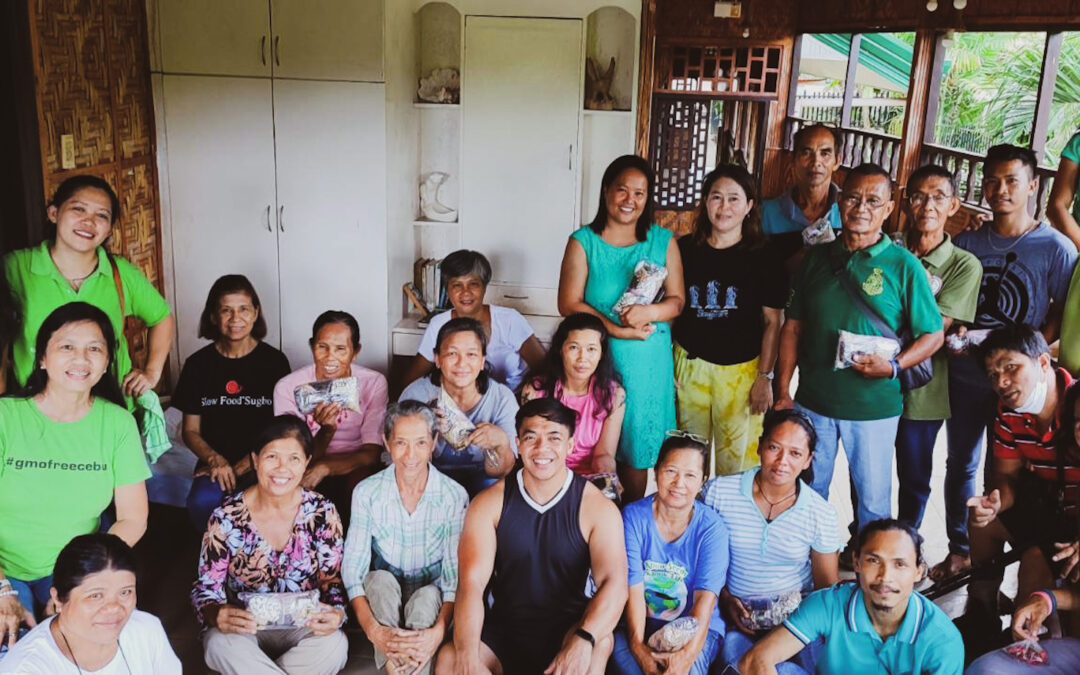
Report on GSS Activities, Some Highlights
Quarter 1 of 2022 has barely ended, but Global Seed Savers’ work is already in full swing. It’s as if we were all making up for the 2020 and 2021.
Last March 15, 2022, we conducted the Food Sovereignty Launching in Tublay, Benguet. As part of the campaign, we have also conducted two more workshops: Climate Smart Agriculture in Cebu and a training on Underutilized Legumes in the Cordillera. Aside from these two activities, we also celebrated Earth Day last April 22, 2022 with several farmers from Tublay by giving a short lecture on seed saving.[This article is focused on the first two activities mentioned above. For an update regarding our Earth Day 2022 Celebration read, Reflecting on our Earth Day Celebrations].
Highlights from the Climate Smart Agriculture Workshop
The Climate Smart Agriculture Workshop was conducted last March 23 to 25, 2022 at the Arapal Nature Farms in Cebu. It was facilitated by Farmer Jon Sarmiento from Mindoro, and attended by our partners at CAFEi and the Cebu Seed Savers.
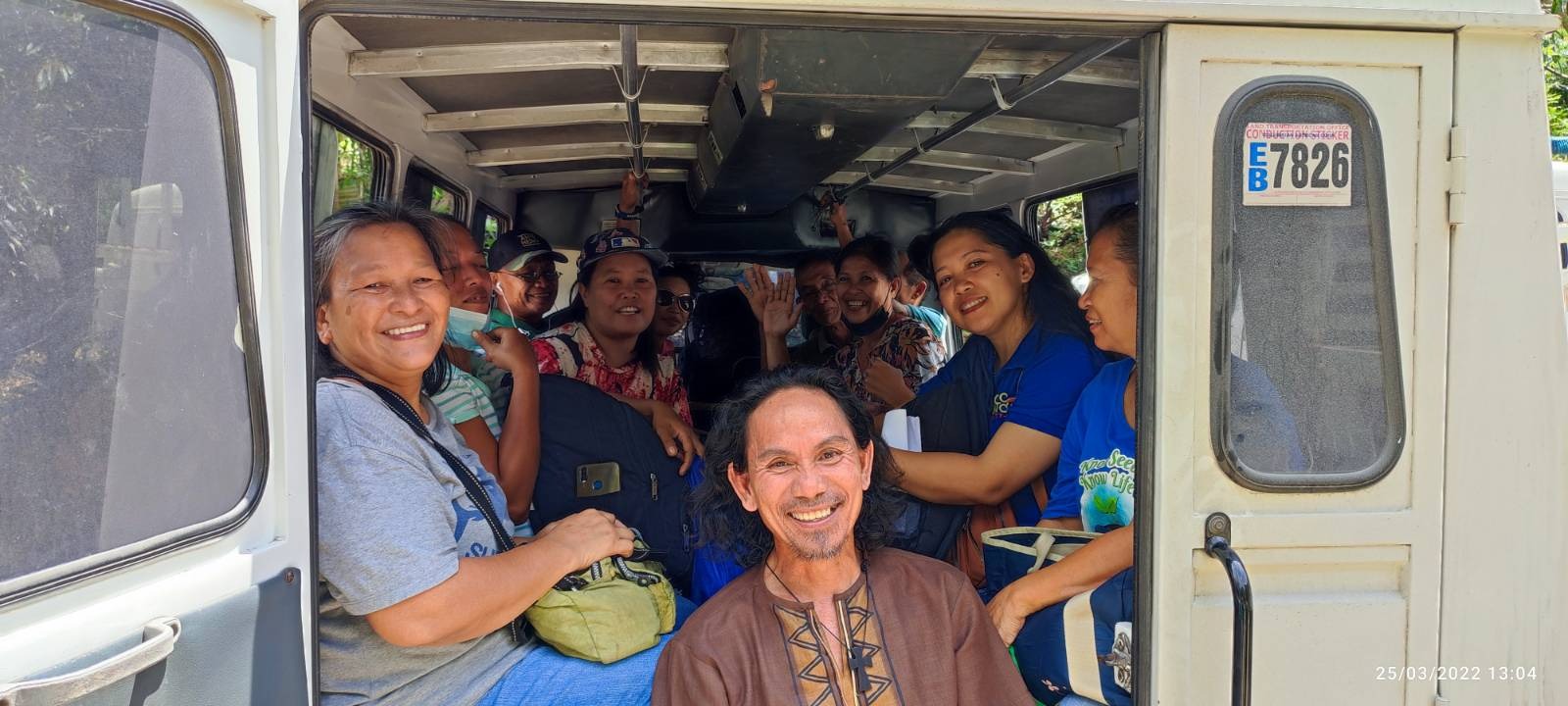
Of the many important topics that was discussed by Farmer Jon, one that had a great impact was the importance of prioritizing food security for the families. He says that food should be locally produced and processed.
That food is essential to societies is no longer debatable. But the pandemic has taught us that disruptions in food supply can happen. Can you imagine how a community that is solely reliant on food imports and has no capacity to produce its own food fared during the pandemic?
But Farmer Jon’s discussion of food security did not just refer to the abundance of food. He also discussed the importance of nutrition security, which enabled him to discuss the many intricacies of food production. He discussed the importance of adhering to Intensified Diversified Organic Farming Systems (IDOFS) and Permaculture and stresses need to adhere to the values and principles that respect the interdependence of nature and human societies.
Beyond the skills of conducting Farm Vulnerability Assessments, and planning for disaster-proof farms, Farmer Jon has also sought to introduce to attendees a new philosophy of farming which offers a good balance between protecting the traditional practices, and promoting innovation.
Highlights from the Seminar on Underutilized Food Legume Species and Development of Specialty Legume-Based Food
This workshop was held last April 8, 2022 in partnership with the Benguet State Education Higher Education Regional Research Center (BSU-HERRC).
Here are some of the highlights of that lecture:
- Dr. Belinda Tad-awan opened the seminar with a discussion of her research on some of the most underutilized food legumes that can be found in Benguet and the Mountain Province. Some of the species mentioned included cowpea, lima bean, pigeon pea, and rice bean.
- Hector Gayomba went next to discuss his experiment on various organic seed treatments.
- Mr. Gayomba’s study found that the most effective seed protectants we can use during seed storage are pulverized madre de cacao leaves and pine wood ash. Meanwhile, the most effective organic materials are coconut juice and extracts from horsetail plant, sunflower, malunggay, papaya, and garlic.
- The seminar closed with a lecture on processing legumes in order to produce various food products.
These two events have once again, allowed us to rediscover the reality that there are many ways to achieve food sovereignty in the Philippines. These have also reminded us of our unique role in helping farmers access important information that can help them improve their practice.
